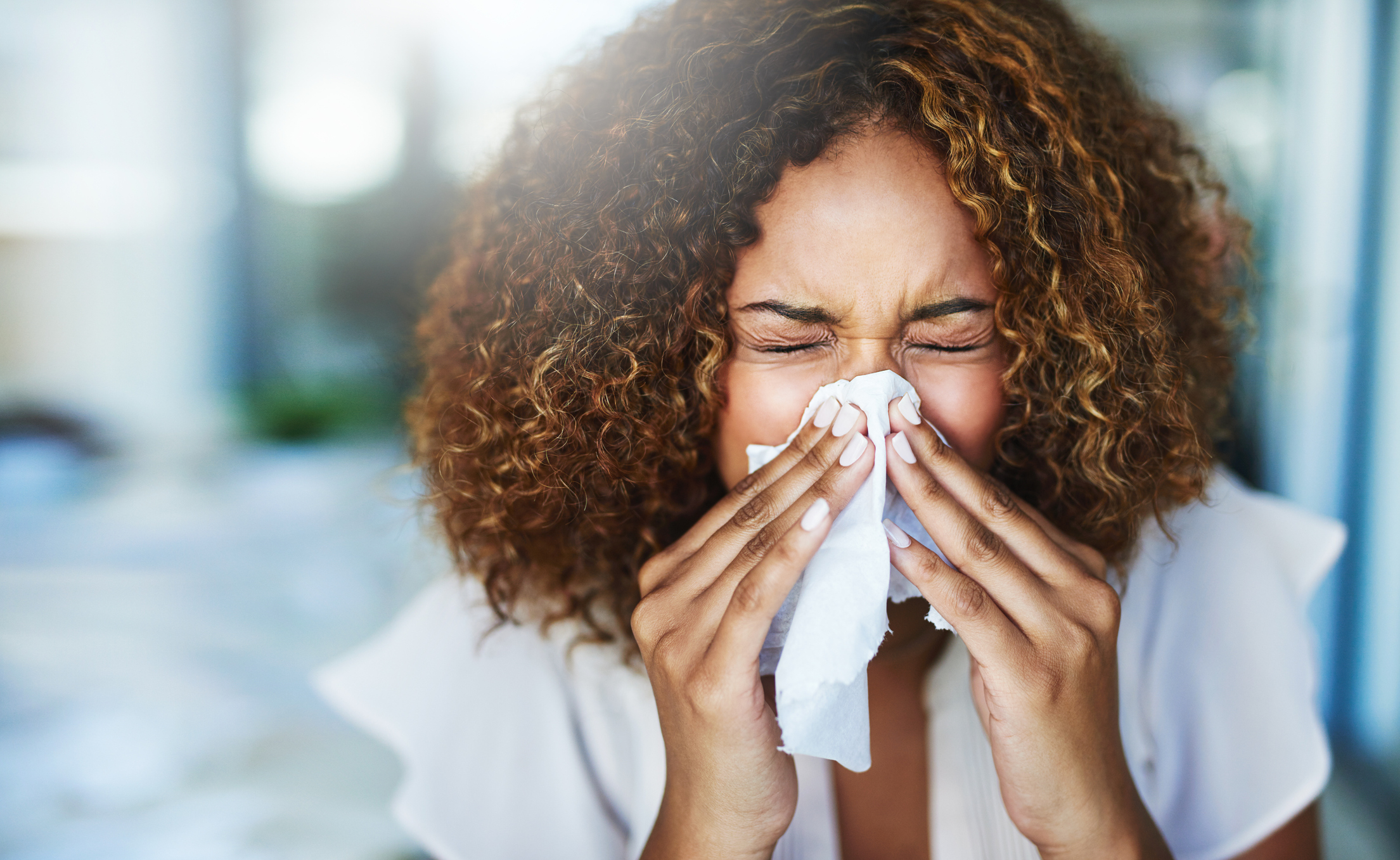Scheduling a back‑to‑school immunization visit ensures your child meets school requirements and...
Read More

If you’re someone who doesn’t suffer from allergies when springtime rolls around, you probably feel luckier than those of us who sneeze our way through the season. But don’t get too excited—you can still get allergies, even if you’ve never had them before.
Although new allergies are more common in children and adolescents, they can develop at any point in adulthood. Understanding adult-onset allergies and possible treatment options can help you manage your symptoms and prevent an allergic reaction.
“Allergies happen when your immune system responds to something in your environment that it perceives as a threat,” said Lisa Nutt, an Advanced Practice Nurse at Inspira Medical Group Primary Care Clarksboro. “Certain triggers, called allergens, cause your immune system to respond by releasing histamines into your system, resulting in symptoms like sneezing, coughing, itchiness, congestion, swelling and hives.” Allergies are common, and more than 25 percent of people in the United States experience them.
Adult-onset allergies are allergies that develop in adulthood and can happen unexpectedly. You may have lived with an allergen all your life with no symptoms, only to experience a sudden reaction to it.
“Researchers are still trying to determine why adult-onset allergies occur,” said Nutt. “One possible explanation is that our immune systems change as we age, which may affect how we respond to allergens in our environment.”
Another possible cause for adult-onset allergies is a lack of exposure to allergens in childhood, which may result in an eventual overreaction in adulthood. The overuse of antibiotics in infancy and childhood, which may increase your chances of developing allergies later in life, is another possibility, as well as family history and stress levels.
Fortunately, there are ways to address allergy symptoms to help prevent an allergic reaction from happening. One way you can fight allergies is by being mindful of your environment. “If you’re allergic to pollen, stay inside as much as possible on days with higher pollen counts,” said Nutt. “Similarly, those allergic to pets or dust should keep their indoor environment as clean as possible to eliminate pet dander and other allergens.”
Another option for managing your allergies is medication like nasal sprays and antihistamines, which can quickly and effectively treat allergy symptoms. When selecting an antihistamine, it is also important to select one without a decongestant if you have a medical condition such as high blood pressure or heart disease. As with any over the counter medication the patient should check with their provider about the safety of the over the counter medication. If medication doesn't alleviate your symptoms, your doctor may recommend immunotherapy, or allergy shots—injecting a tiny amount of the allergen into your body to help you become immune to it over time.
Talk to your doctor if you begin experiencing new symptoms and can’t figure out what’s causing them. They can refer you to an allergist to help determine the cause of your symptoms and develop a treatment plan.
Inspira Health is a high reliability organization (HRO), which means safety is the top priority for patients and staff. To make an appointment, call 1-800-INSPIRA.

Scheduling a back‑to‑school immunization visit ensures your child meets school requirements and...
Read More
Managing your own health care after aging off your parents’ insurance means finding a primary care...
Read More
Explore the differences between common headaches and debilitating migraines, including their causes...
Read More